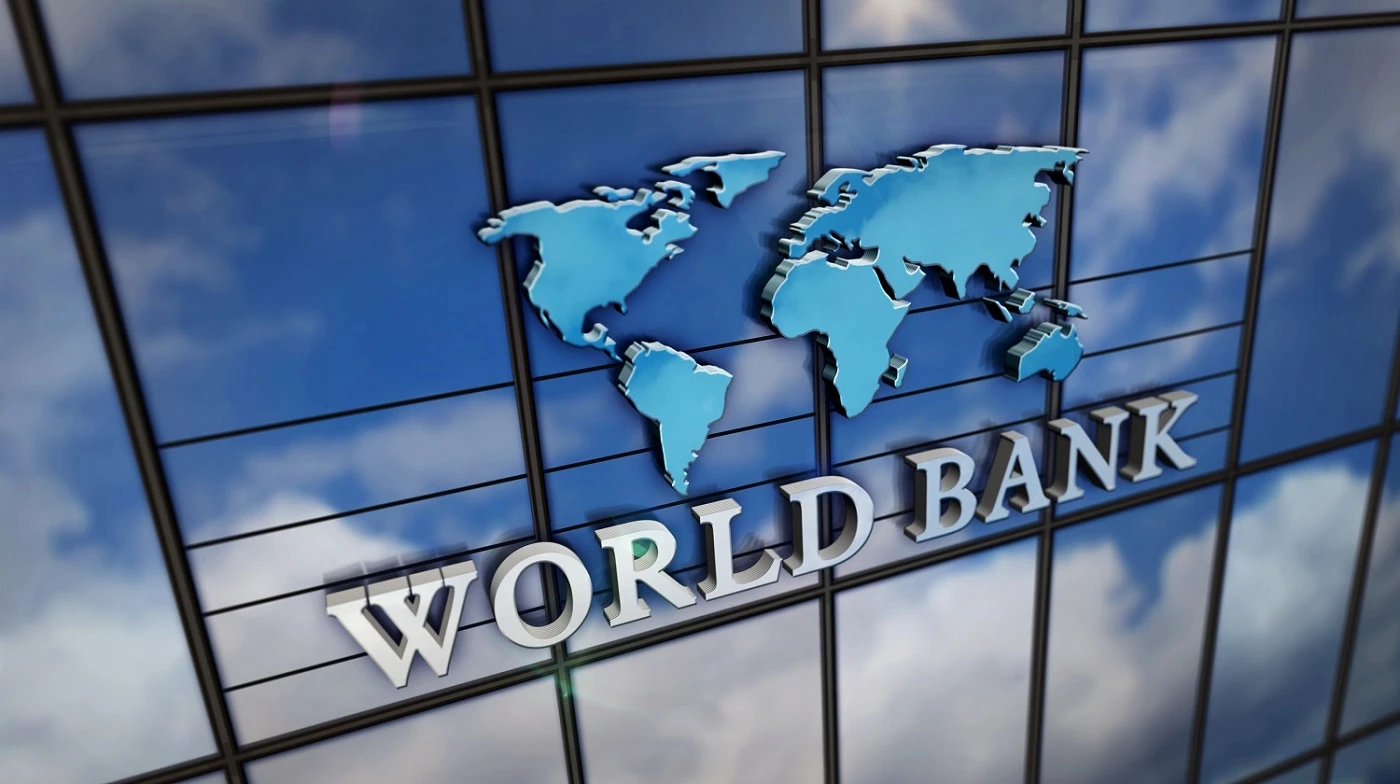Less than half of women of working age in Armenia are included in the labor force, mainly due to the responsibilities of caring for children and a person with a disability in the family. Women in the labor market earn on average 25-30 percent less than their male counterparts doing the same work, according to a report released today by the World Bank.
World Bank's "Armenia. According to the report "gender assessment of the country", despite the low level of participation of women in the labor market, 68% of women receive higher education compared to 52% of men. The evaluation offers actionable policy recommendations to promote systemic change.
“Armenia is missing out on important growth dividends by not encouraging more women to join the workforce. Only by achieving gender equality in labor force participation will it be possible to increase Armenia's GDP by 4 to 6%. Ensuring equal pay should be an essential part of a strategy to encourage women to participate in the workforce. Today, women receive about 70% of the hourly wages paid to men for the same work," said Caroline Geginat, head of the World Bank's Armenian office.
The report also highlights the low rate of male enrollment in higher education, which remains at around 44% (as opposed to 65.1% female enrollment). Men are also affected by higher death rates in adulthood. Despite their great human capital potential, women are still underrepresented in decision-making functions, including positions such as minister, deputy minister and community heads. Although women currently make up 35.5% of the National Assembly, only 17% of ministers and 18% of deputy ministers are women.
Given women's higher educational attainment, labor market trends for women are influenced by societal perceptions of gender roles rather than actual skills. Although the number of women in science, information technology, engineering, and mathematics (STEM) fields has increased over time, they are still concentrated in traditionally low-paying fields such as education and social work, while men dominate fields such as engineering and technology.
The report also emphasizes that gender-based violence still exists in Armenia, which is a serious and at the same time underrepresented problem. For example, 18% of ever-partnered women aged 15-59 have experienced domestic violence in their lifetime.
"Armenia. "Country Gender Assessment" report presents fresh facts about the gender gap. Policy-level recommendations are also presented here, which will help close the remaining gender gaps in Armenia, for example, addressing social norms, bridging the gaps in the legislative field and policy implementation," noted the main author of the report, World Bank economist Natsuko Kiso Nozaki.
To increase the number of women in the workforce, it is necessary to promote a more equal division of care responsibilities and encourage men to take on such roles. Among the effective interventions are:
raising awareness of the positive aspects of women's employment
improving access and usability of child care services
providing vocational training opportunities, especially in areas where women have traditionally been underrepresented.
In order to achieve gender equality in the field of education and employment, it is necessary to:
encourage men to value higher education for better opportunities
encouraging women to study TVET subjects in school improving access to and relevance of training, giving girls and boys a smooth transition from school to work Mandating equal pay for work of equal value can also help close the gender pay gap.
To advance women into leadership roles, it is necessary to implement gender-sensitive education, invest in the training and development of talented women, use role models that will inspire women and gain public support.
The World Bank Group is committed to accelerating gender equality through programs and initiatives in line with the recently released World Bank 2024-2030 Agenda. within the framework of the gender strategy.


